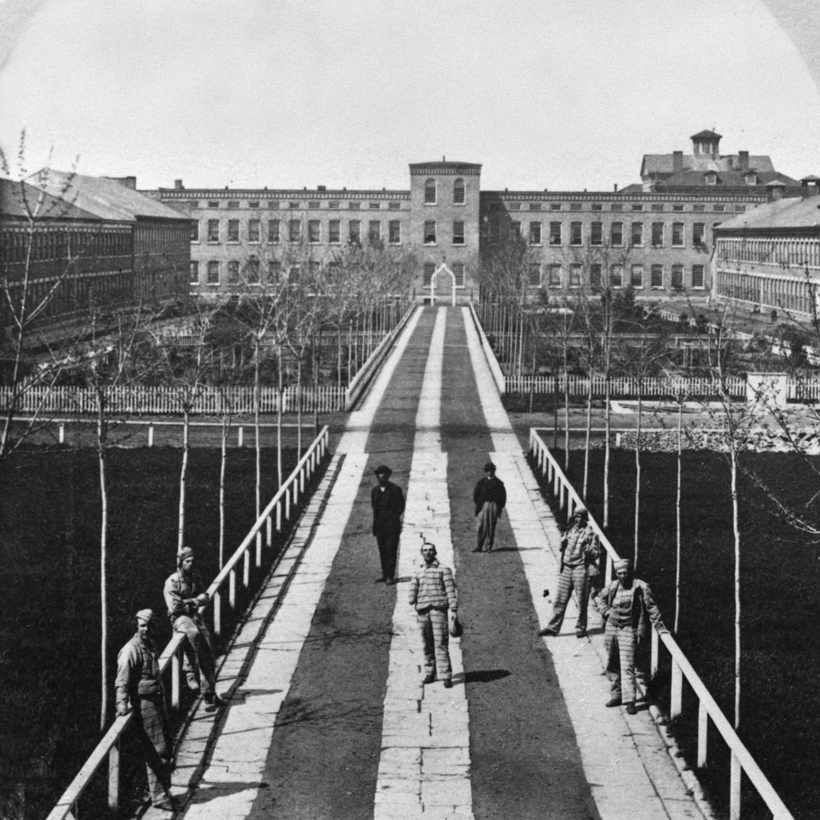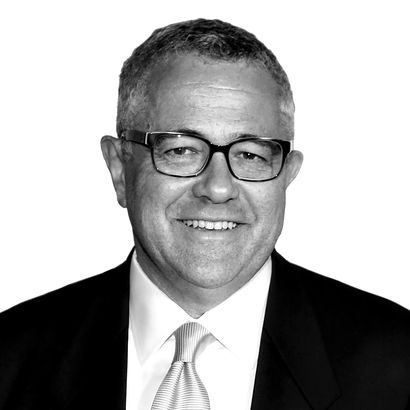More than a year ago, I thought it would be a good idea to take a look at the subject of presidential pardons. (Little did I know … )
When you decide to study pardons, there are several obvious questions. How many pardons did each president grant? To whom? Why? It turns out that one person found out all the answers—P. S. Ruckman Jr.


